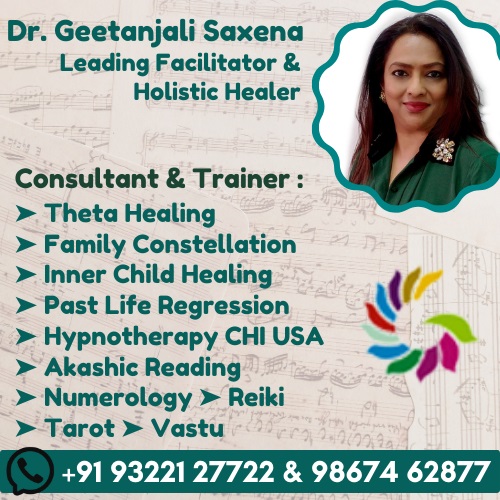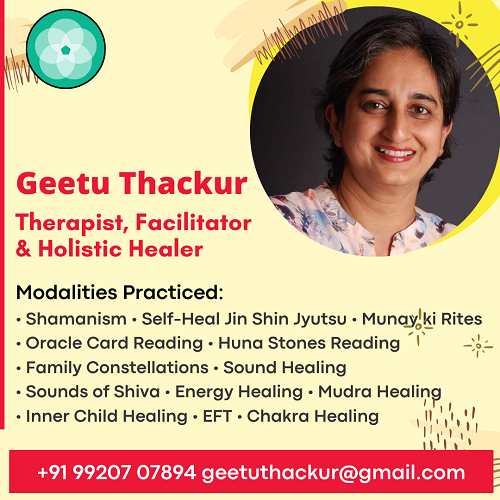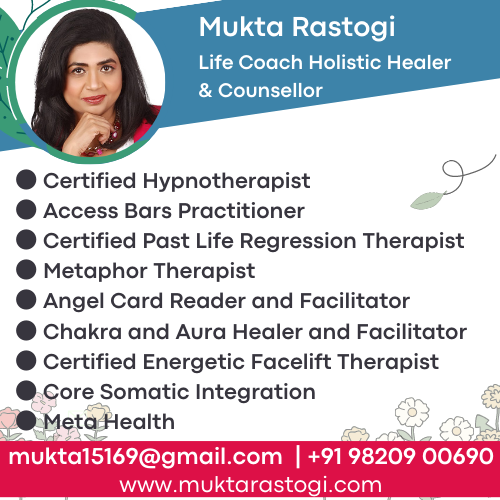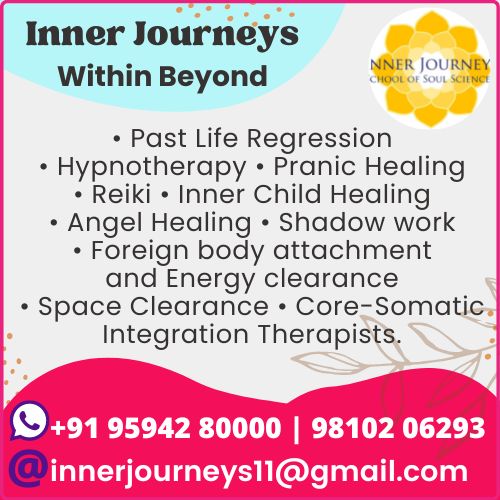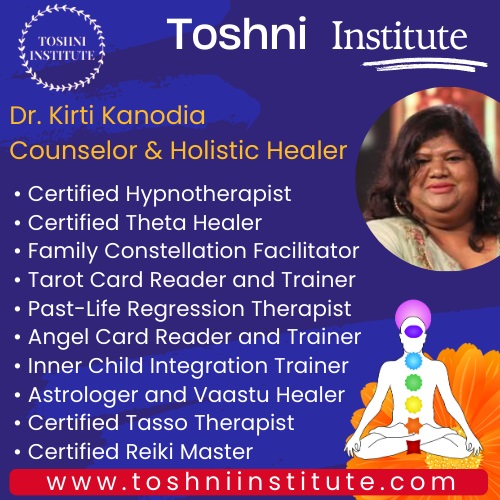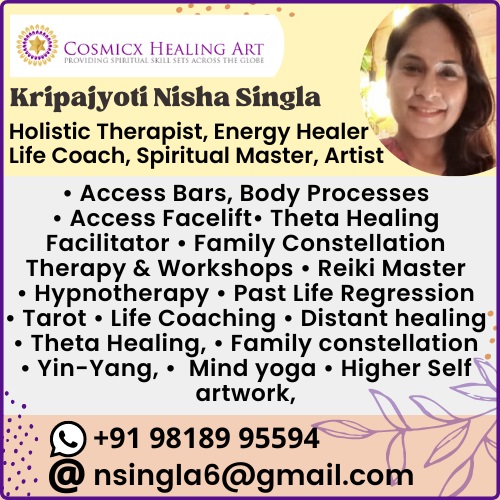Alternative Therapies
- Alternative Medicine
- Access Bars
- Access Body Processes
- Access Consciousness
- Access Energetic Faclift
- Acupressure
- Acupuncture
- Akashic Records
- Ancient Magnetism
- Angel Healing
- Aromatherapy
- Aura Reading
- Ayurveda
- Bach Flower Remedies
- Blueprint Numerology
- Breathwork
- Chakra Healing
- Cosmetic Acupuncture
- Crystal Healing
- Cupping Therapy
- Divine Healing Hands
- Distance Healing
- Emotional Freedom Technique (EFT)
- Energy Healing
- Energy Medicine
- Ergonomics
- Family Constellation
- Face Reading
- Fengshui
- Gaiadon Heart
- Geomancy
- Heal Your Life
- Graphology
- Holistic Solutions
- Holy Fire Reiki
- Homeopathy
- Ho'oponopono
- Humkara with Haleem
- Hypnotherapy
- Inner Child Therapy
- Intuitive Reading
- Jesus Reiki
- Jikiden Reiki
- Jin Shin Jyutsu
- Karuna Reiki
- Karmic Healing
- Lama Fera
- Lenormand Cards
- Light Language Healing
- Law of Attraction
- Manual Therapy
- Matrix Reimprinting
- Metaphor Therapy
- Meditation
- Mediumship
- Melchizedek Method
- Merlin Trinity Healing
- Merkaba Healing
- Mokshapat Reading
- Money Reiki
- Motivational Counseling
- Mudra Healing
- Nakshatra Energies
- Naturopathy
- Neuro Linguistic Programming (NLP)
- Numerology
- NumeroVastu
- Oracle Cards
- Panchakarma (Ayurveda)
- Panchkarma Holistic Healing - Mind Control
- Past Life Regression
- Pendulum Dowsing
- Physiotherapy
- Pranic Healing
- Pranic Psychotherapy
- Pythagorean Numerology
- Quantum Touch Healing
- Pyramids
- Redikall Healing
- Reiki
- Rudraksh
- Runes
- Soul Plan Reading
- Sound Healing
- Star Magic Healing
- Space Clearing
- Sujok therapy
- Tarot
- Theta Healing
- Twin Flame Healing
- Twin Hearts Meditation
- Unani Medicine
- Yoga
- Wicca
- Womb Healing
Diseases & Conditions
- Acne & Pimples
- Allergies
- Arthritis
- Asthma
- Behavioural Disorders
- Cancer
- Dandruff
- Diabetes
- Emotional Problems
- Gallstones
- Gastritis
- Hairloss
- Heart Diseases
- Hormonal Problems
- Hypertension
- Immune Disorders
- Infections
- Infertility
- Jaundice
- Kidney Disorders
- Liver Disorders
- Menstrual Disorders
- Migraine
- Neck & Back Pain
- Obesity
- Osteoporosis
- Peptic Ulcer
- Prevention
- Prostate Problems
- Psoriasis
- Sexual Dysfunctions
- Sinusitis
- Sleep Disorders
- Skin Diseases
- Stress
- Thyroid Disorders
- Ulcerative Colitis
- Urinary Infections
General Wellness
Inner Child Healing in Mumbai
Dr. Geetanjali Saxena.

Past life Regression Trainer, Family Constellation Trainer, Theta Healing Trainer, Inner Child Work, Angel Therapist, Reiki healer, Hypnotherapy, Crystal Healing, Graphology, Tarot card reader & Astrologer


Geetu Thakur
Geetu is a Shamanic Practitioner and Mentor, Sounds of Shiva, Bhairavi Yantra, Family Constellations, Jin Shin Jyutsu as a Self-Healing Modality and is a Reconnective Healing Facilitator...


Divine Light Healing & Training Centre - Ms. Asha A Doshi
Asha A Doshi is the founder and sole creator of a platform "Divine Light Healing & Training Centre" for all the light workers to come together and explore spirituality. Born with intuitive gifts of healing and teaching, she has spent her life learning, practicing, teaching and integrating diverse arts of making life a beautiful journey.


Ms. Mukkta Jain
Mukkta Jain is a Life coach, Counsellor, Certified Hypnotherapist, Access Bars Practioner, Certified with Dr Brain Weiss in Past Life Regression, trained in Metaphor Therapy and Angel Card Reader. She is Proactive and dynamic spiritual healer.

Inner Journeys
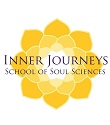
A Certified Past Life Regression Therapist, Healer, psychic and channel, who has been working in the field of channelled spiritual direction since ...


Dr. Kirti Kanodia
Dr. Kirti Kanodia is a certified Theta Healer, Trained Family Constellation Facilitator, Tarot card Reader, Past life Regression Therapist, Angel card reader, Inner child integration, Vedic Astrologer, Tasso Therapist and Reiki Master.

Cosmicx Healing Art - Ms. KripaJyoti Nisha Singla
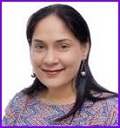
KripaJyoti Nisha Singla (PGDBM) is a Spiritual master, Energy worker, Reiki Master, Theta Instructor, and a dedicated Artist who has been working in the field of healings, spirituality, counselling, relationship healing, family therapy and alternative medicine therapies from more than 12 years.

INNER CHILD HEALING
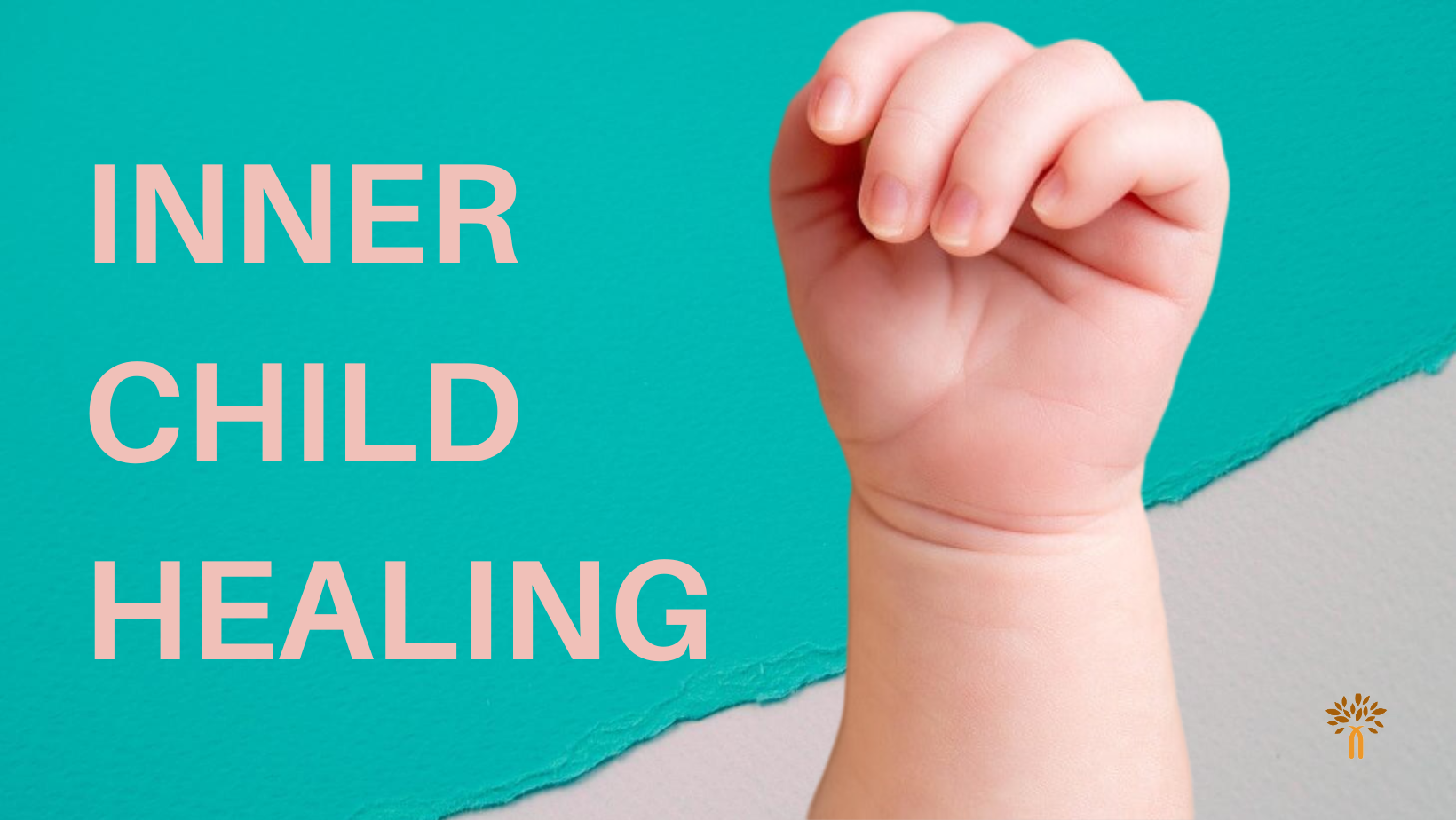
INNER CHILD INTEGRATION & HEALING
Inner child therapy is a therapeutic approach that focuses on healing and nurturing the part of yourself that holds childhood experiences, emotions, and memories. The concept is based on the idea that unresolved issues from childhood can affect your emotional well-being in adulthood.
Inner child therapy can be used in the following:
Behavioral Changes: Clients are guided to change patterns of behavior that stem from unmet childhood needs. This can include developing new coping strategies or altering dysfunctional thought patterns.
Healing Emotional Wounds: It helps individuals address and heal past traumas or unmet needs from childhood, which can influence current emotional struggles.
Improving Self-Esteem: By reconnecting with and nurturing your inner child, you can build a healthier self-image and develop self-compassion.
Managing Triggers: It assists in understanding and managing emotional triggers that stem from past experiences, leading to better emotional regulation.
Enhancing Relationships: Healing your inner child can improve your relationships with others by fostering healthier communication patterns and emotional responses.
Personal Growth: It encourages personal development by integrating past experiences with present understanding, leading to a more cohesive sense of self.
Addressing Patterns: It can reveal and help break negative patterns or behaviors learned in childhood that continue to affect your life.
Cultivating Joy: Reconnecting with your inner child can help you rediscover joy, creativity, and playfulness that might have been lost over the years.
Developing Self-Care: It promotes the importance of self-care and self-love, addressing the needs and desires that were neglected in the past.
In practice, inner child therapy might involve techniques like guided imagery, journaling, role-playing, or other methods to engage with and heal the inner child. It’s typically conducted with the help of a trained therapist who can provide guidance and support throughout the process.
Inner Child Integration
Merging Parts: The goal is to integrate the inner child’s needs and feelings with the adult self. This means harmonizing the emotional experiences of the past with present-day functioning.
Self-Awareness: Enhancing self-awareness and understanding how past experiences influence current behavior and relationships is key. Clients work to align their adult selves with the needs and feelings of their inner child.
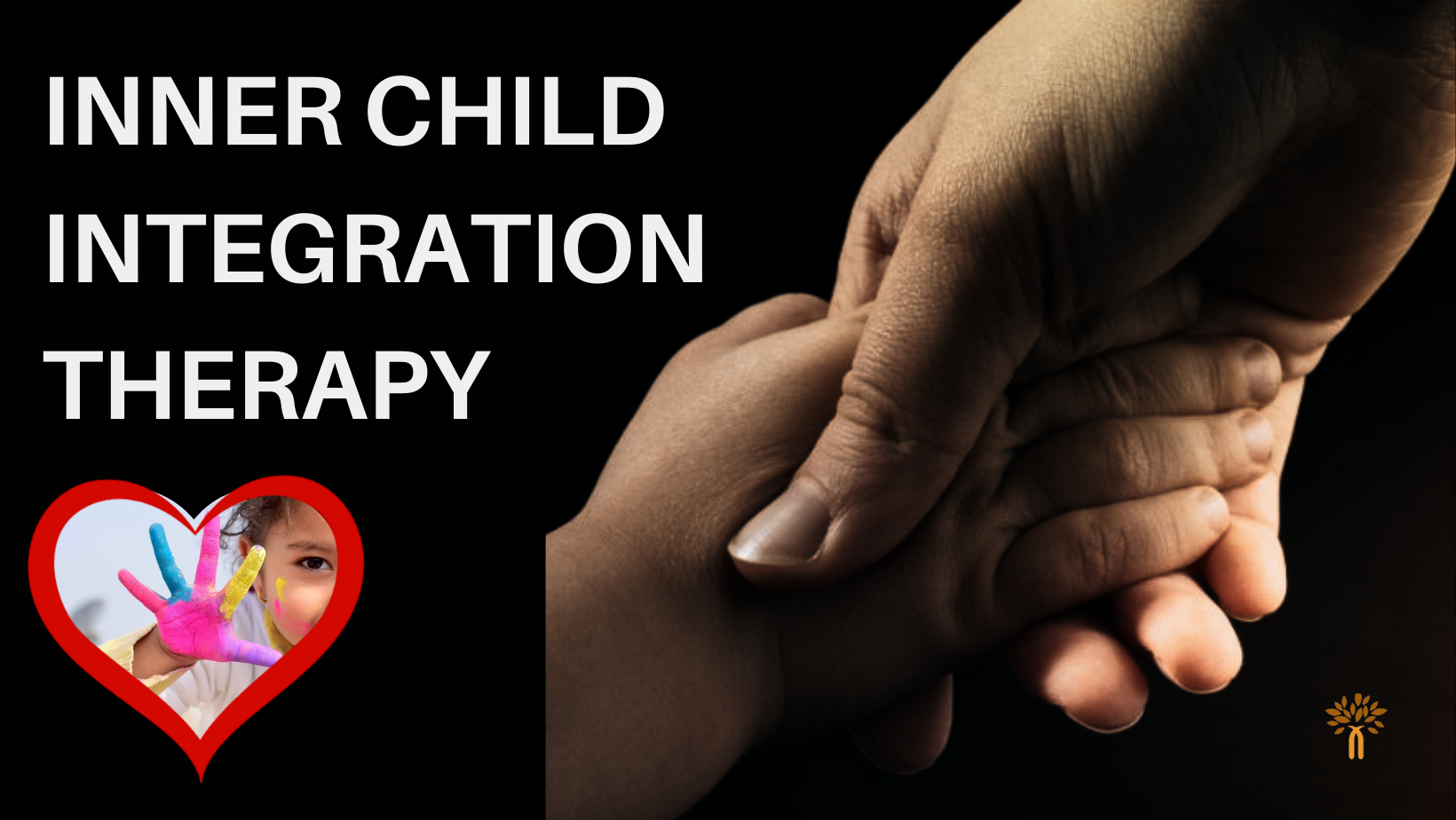
When traumatic events occur during what is called our formative years (ages 4-7) and especially if these traumatic events reoccur often, a part of our beingness often gets shut down.
We protect ourselves the only way we can, as children, by cellularly encapsulating moments of pain and trauma, and forgetting them consciously.
That aspect of us, the young being who changes at that moment, is called the inner child. Once we've closed down the child within, how do we integrate all aspects of ourselves, including the damaged child we've hidden away, as a happy, balanced adult?
The Importance of Sacred Space:
One of the most important aspects of healing is finding a safe place where one could express and know that whatever was there was alright with God.
Un-God-like feelings only affect our relationship to source if we hold on to them or act them out against others.
Releasing feelings of anger, rage and even hate in a safe environment, is something the Universe supports.
Talk to healing facilitators before giving yourself into their care; make sure they are willing to hear the rage, allow the anger and hate. Be also patient with that inner child aspect of yourself because the inner child will not come back into your awareness until a level of trust with yourself is realized.
If you feel like cursing the universe, or giving up, or loving - God still remains - listening, loving, supporting. God even remains if we turn that rage toward Godsource - if we rage that we weren't saved from the experiences we had to endure.
The point is that releasing those feelings that have been bottled up for so long leaves us free to get to know ourselves again, including the child we once were.
Stop beating yourself up in any way for the past, even the moment just past where you may have behaved in what you feel is a bad way.
Look ever forward, forgiving as God forgives, and moving toward clarity.
On a practical level, you can do things you used to love as a child .... as a way of waking that part of yourself up. But finding a healer can make you feel safe to work with because it's inevitable that feelings and emotions will surface that may be hard to deal h alone.

